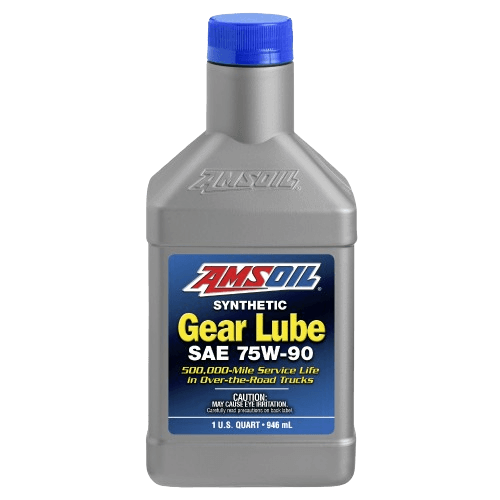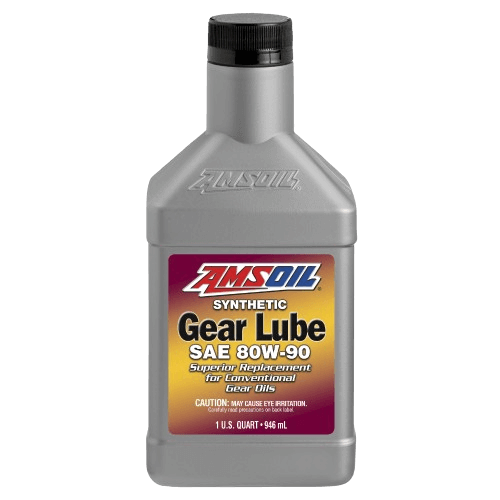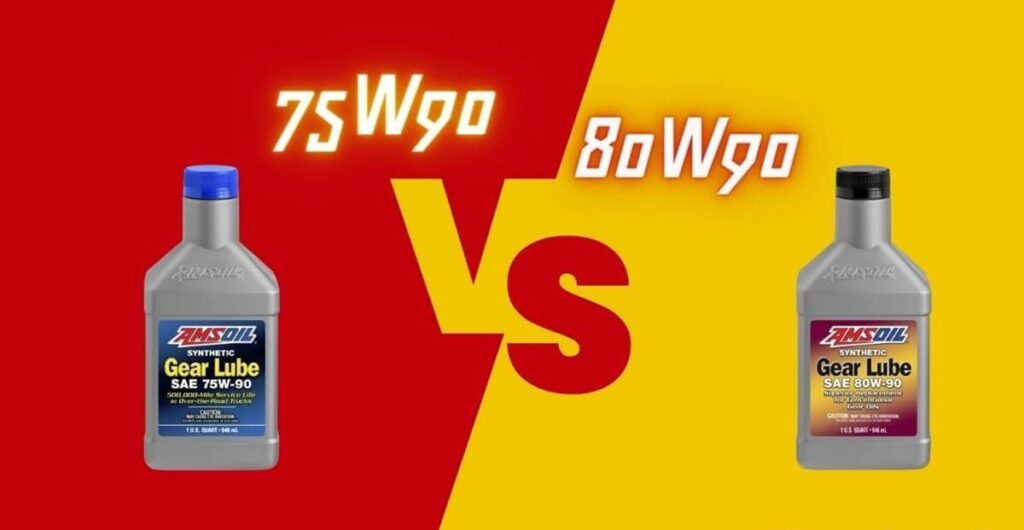If you are a vehicle enthusiast and you are worried about the optimal performance of the vehicle, you must look towards your vehicle’s machinery and you must know which gear oil you are choosing as it promotes the long lifespan and durability of your vehicle.
In recent times, among different options of gear oil available, the debate between 75W90 and 80W90 synthetic gear oils has often come to light. Being a car owner you must know all the necessities of your vehicle, and the type of gear oil that will be suitable for your vehicle, this article will help you have a better understanding of the types of gear oil and will help you make a choice.
Before going into the details you must know what these designations used in the names of gear oil. These specific numbers and digits are given by the Society of Automotive Engineers (SAE) viscosity grading system which classifies the gear oil based on their viscosity or their ability to flow at different temperatures.
75W90 and 80W90:
The First Number (75 or 80):
The first number represents the viscosity of oil at low temperatures. If this first value of oil is small, it shows that the oil shows a better ability to flow under cold conditions.
The Second Number (90):
The second number “90” used both in 75W90 and 80W90 shows the viscosity of oil at higher temperatures. If this value is large, it indicates the thickness of oil, if oil is thick it can give more protection against high temperature.
Difference Between 75w90 and 80w90:
75W90: Unveiling the Characteristics
- Cold Weather Performance:
The digit “75” of the gear oil 75W90 represents its better working in low temperatures as compared to oils having higher viscosity hence it is the ideal choice for vehicle enthusiasts during winter seasons. Also, 75W90 provides the vehicle with a smooth start and will also prevent the wearing out of critical parts during the start of the operation.

- Fuel Efficiency:
As 75W90 has low viscosity during cold conditions it helps to minimize friction and as a result, fuel efficiency is improved because less fuel will be utilized.
- Synthetic Formulations:
Several types of 75W90 gear oil have synthetic formulation and it promotes a longer life span, durability, and convenience as compared to conventional sources.
- High-Temperature Stability:
As the digit 90 is a representation of its ability to withstand high temperatures, 75W90 is a better choice for vehicles that demand high performance, or those generating high heat. It also prevents gears and bearings from wearing out.
80W90: Navigating the Characteristics
- Versatility Across Temperatures:
As we know 80W90 has a slightly larger first value hence it is thicker at low temperatures as compared to 75W90. Due to a higher first value, it can show versatile functionality such that it can be used both for cold start environments and for high temperatures.

- Robust Protection:
Just like 75W90, it has the same increased second value having a figure of 90, hence we can use it against robust protection during elevated temperatures. Also, 80W90 shows its applications during heavy loads such as during towing tasks and when you are doing off-road driving.
- Traditional Formulations:
Conventional mineral oil-based formulas, such as 80W90 gear oils, offer reliable operation but may not last as long as synthetic oils and greases.
Can I Use 80W90 Instead of 75W90?
The question of replacing 75W90 with 80W90 often arises in the mind of vehicle enthusiasts, but you need to look at certain factors before making a final decision such as climate, and driving conditions, and you should also take manufacturers’ recommendations as both have their specific uses in the automotive sector.
- Climate Considerations:
Both 75W90 and 80W90 function best in a specific temperature limit. During low-temperature conditions, one must opt for 75W90 as it can flow better in cold environments, while during elevated temperatures 80W90 should be your choice as it provides strong defense.
- Manufacturer Recommendations:
When you are choosing between 75W90 and 80W90 never forget to take recommendations from the vehicle manufacturer as he will guide you best regarding engine design, transmission type, and intended operating conditions.
- Performance Requirements:
You should also take into account your performance requirements, if you are engaged in some sort of heavy tasks such as towing, off-road driving or you are using a high-performance vehicle then you must go for 80W90 as it offers more stability and additional viscosity.
Related Posts:
Conclusion:
When you have to choose one out of 75W90 and 80W90, there are certain factors that you must consider. First of all, you must know the requirements of your vehicle, the weather conditions, and the temperature it can withstand, and last and foremost the recommendations and suggestions of the manufacturer.
Consider the weather and how much heat or cold your vehicle can handle. Most importantly, follow what the manufacturer recommends.
Both 75W90 and 80W90 have their own advantages and disadvantages in the automobile industry, both work best in a certain range and conditions. For example, 75W90 performs best in cold weather, whereas 80W90 is more functional during elevated temperatures.
In the end, all you need is an option that minimizes wear and tear, maximizes lubrication efficiency, and corresponds with the basic requirements of your car. Whether you choose the wider temperature range of 80W90 or the superior cold-weather flow of 75W90, you must be confident that your car’s gears will run smoothly, and the gear oil will extend its lifespan and improve the overall performance of your vehicle.


